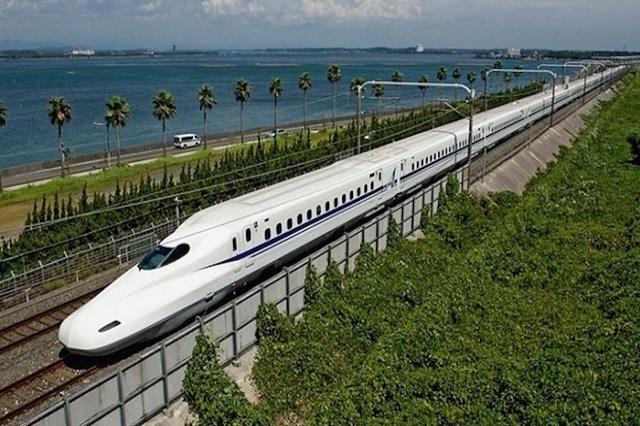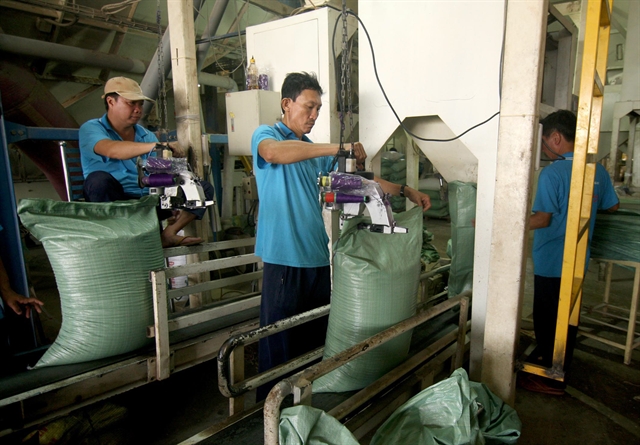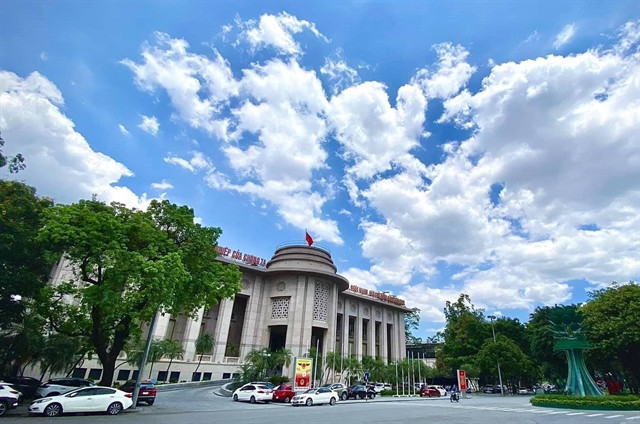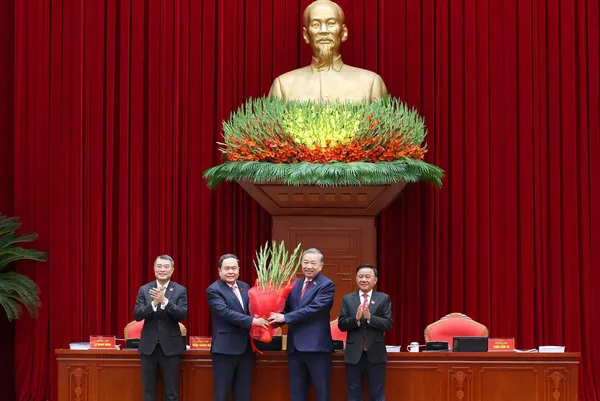 Economy
Economy


|
| Rice is packaged at the privately-owned Cỏ May Company in Đồng Tháp Province. The private sector has been driving force for growth in the first three quarters. VNA/VNS Photo Vũ Sinh |
HÀ NÔI — The private sector was the main driver of growth for Việt Nam in the first nine months this year, a conference held by the Central Institute for Economic Management (CIEM) heard on Wednesday in Hà Nội.
CIEM also shared a report it jointly conducted with an Australian programme to support Vietnam's economic reform (Aus4.Reform Program) at the conference, that stated economic growth in Q3 and the first nine months maintained at a relatively high level.
While the macro-economy remained stable, the report said local industrial industries had grown rapidly with the largest contributor to GDP being the processing industry. Imports and exports also kept up their momentum with a trade surplus in the first nine months estimated at US$7.1 billion, exceeding the same period in 2018, said the report.
Regarding the imports and exports, the contribution of FDI enterprises had slowed while the private sector had become the main driving force of growth.
Nguyễn Anh Dương, head of CIEM’s General Research, said: "The FDI sector has slowed with export growth of 5 per cent, or one digit growth, while the private sector reported export growth of two digits.”
Dương told the conference that growth of the private sector was “very impressive” in the context that many domestic private enterprises were not receiving enough support.
Dương added that uncertainties caused by the trade war between the US and China affected a lot of foreign-invested enterprises but was “an opportunity for domestic private enterprises”.
Duong said local private enterprises had taken opportunities offered by integration with their adaptability, urging relevant agencies and policymakers to support and create more favourable conditions for them.
However, the conference also pointed out challenges for the local economy, mentioning the "return" of the mining industry, which was considered a threat to the environment and of low value.
The report said after three years of negative growth, the mining industry had returned to positive growth in the first nine months of this year.
At the same time, participants mentioned the quality of growth was not meeting existing potential.
CIEM’s former director Nguyễn Đình Cung, who is also a member of the Prime Minister's Economic Advisory Group, warned: "In FDI investment, the number of projects increased by 26 per cent but the amount of registered capital decreased by 14.5 per cent.” Thus, Cung doubted the quality of some FDI projects and whether they contributed to local development.
To overcome challenges, a CIEM representative suggested continuing to reform macro-economic fundamentals, improving the business environment, and creating new drivers for development with more support for private businesses.
In addition, CIEM asked the Government to monitor the exchange rate carefully, adding that the relevant agencies should pay more attention to credit quality not quantity.
Based on the report, economists predicted GDP growth of 7.02 per cent for this year and 6.72 per cent for 2020.— VNS




